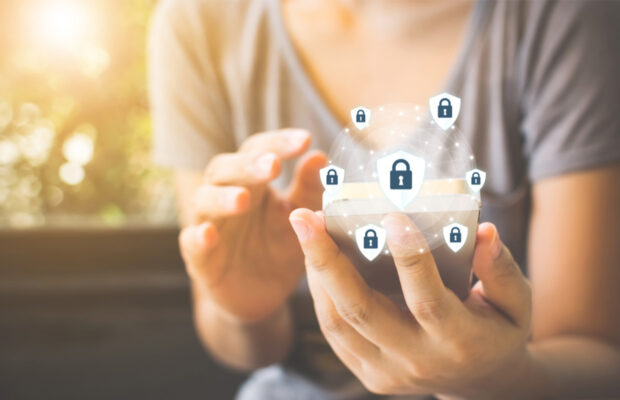How To Keep Safe When Transferring Data Between Countries

Data privacy is everyone’s concern nowadays. More and more people are becoming more conscious about how much their data is protected and secured. Because of this, you need to be even more aware of how you can have control over your personal privacy. Here are some ways on how to keep safe when transferring data between countries.
Know What The Five Eyes, Nine Eyes & Fourteen Eyes Are
Did you know that there are countries that make alliances to share information and global surveillance? They are called the following: The Five Eyes, The Nine Eyes, and The Fourteen Eyes. The five eyes countries include the United States, the United Kingdom, New Zealand, Canada, and Australia. This alliance is one of the oldest ones and collects information from personal details to browsing history for various government agencies.
The nine eyes countries include Norway, the Netherlands, France, and Denmark. This alliance also does the same and collects mass surveillance data. On the other hand, the fourteen eyes countries include Italy, Germany, Belgium, Sweden, and Spain. This group is also known as the SIGINT Seniors Europe.
Try VPN Services
VPN services can help shield you from the prying eyes of these alliances. However, you also have to do your own research on these VPN services. There are still some that abide by the fourteen eyes alliance and surveillance laws. Here are some of the VPN services that you should avoid:
- VPN Secure
- HideMyAss
- Getflix
- IPVanish
- Unotelly
- LiquidVPN
- PrivateVPN
- Mullvad
- Private Internet Access
- Hotspot Shield
- StrongVPN
- VPNSecure
- SaferVPN
When you are looking for VPN services, here are some traits that you should look out for:
- Fast connection speed with 99% up-time.
- AES encryption.
- Automatic kill switch.
- DNS and IP leak protection.
- Location away from fourteen eyes alliance countries.
- No data logging.
- Split tunneling.
Use An Antivirus Software
If you already use a VPN, the other way that your data can be compromised is through a virus. Every year, there are millions of new strains of malware that are created. An antivirus software will be able to block that malware that might attempt to compromise or steal your personal information. This is why an antivirus software on your computer is very important. Some of the best antivirus packages are from Kaspersky, Bitdefender and F-Secure. Even though this serves as a block, it is not the cure.
Beware Of Phishing Emails
When transferring data online, especially personal data, be wary of phishing emails from seemingly real banks or companies. Phishing emails are emails that are made to look like they are from your bank asking for your personal information or passwords. However, these sites are from people who want to get your personal information. These phishing emails can look very promising, but always double check before you give away any of your personal information.
Be Very Wary Of Public WiFi
Never transfer important or personal data to other countries using public WiFi. Most free WiFi hotspots do not encrypt information leaving your devices. Once it is being transferred on a wireless network, anyone can view what kind of data you are sending. Only use public WiFi when you are not accessing your personal data or online banking account. You may also use an encryption software to be able to encrypt your information if you really need to use public WiFi for information transfer.
Use Website Privacy Settings
When you use websites other than social networking platforms, you might want to make use of the account privacy settings. Understand what privacy control measures are available for you and fix the settings to make your personal information protected as best possible.
For example, you can adjust privacy controls and disallow sharing of your data for research purposes or software bugs. You may also change your profile to private instead of public, so that only your friends and people you know will see the information that you post or send internationally. Another example is Facebook Messenger or Viber’s new feature to encrypt messages.
Conclusion
In a global economy, it is impossible not to have the need to transfer data between countries. Knowing who knows your information and how it is used can make you more cautious with the information you share online. Because of this, it is the responsibility of each individual to be aware of how they can protect their own privacy. Following the guide above, you can have the armor you need to protect your data.










 © 2024
© 2024
1 Comment